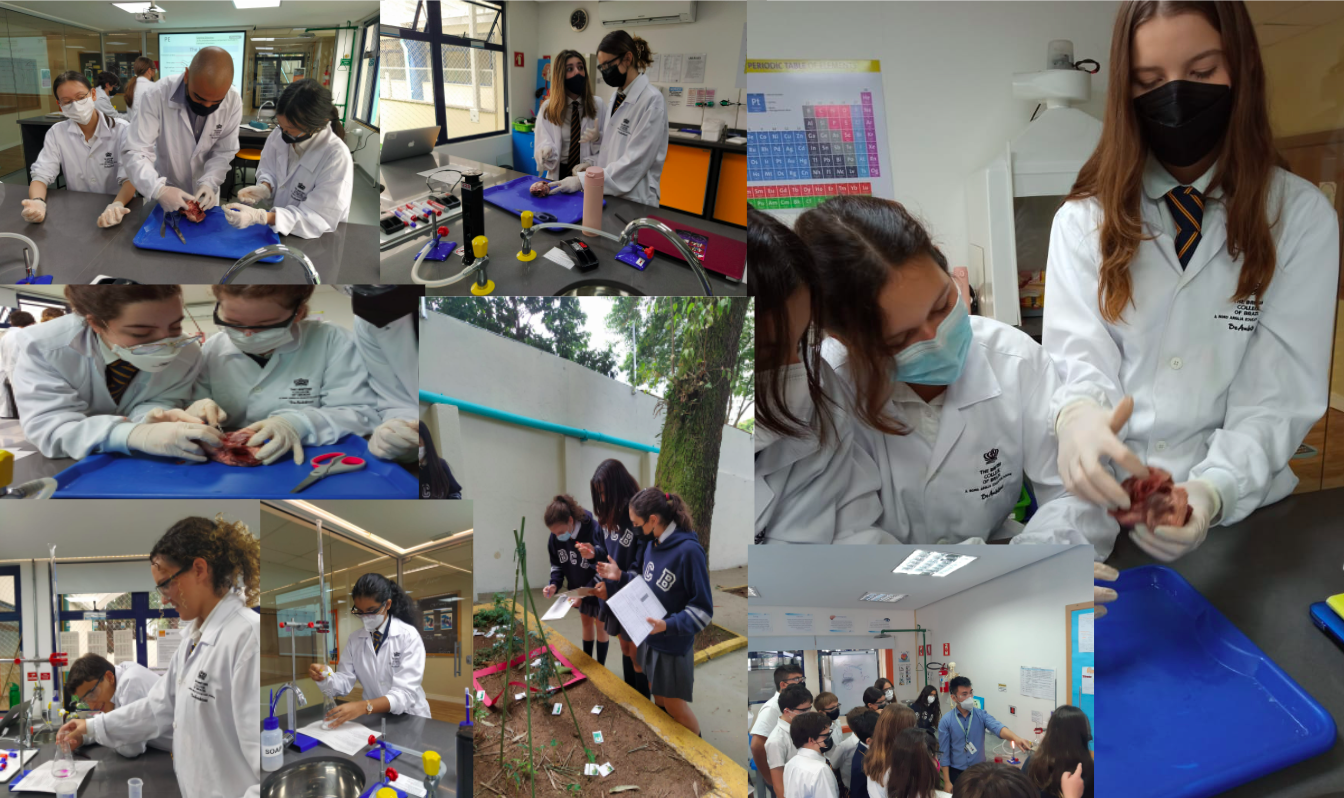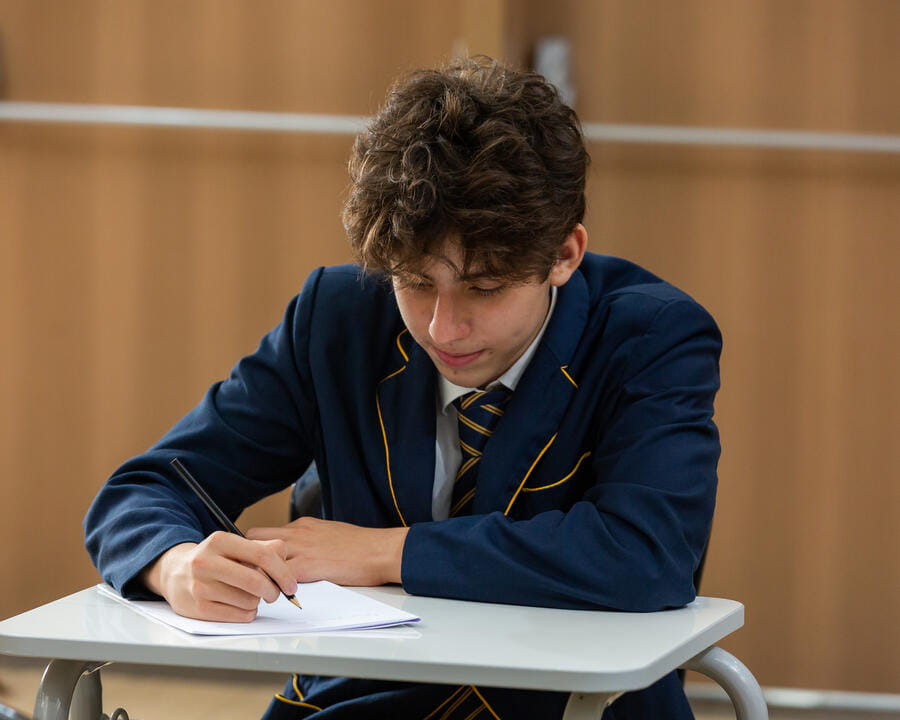How the Covid-19 pandemic has shown us the importance of experimentation in science lessons
Science teachers are aware that experimentation awakens a strong interest among students at different levels of schooling. Students also tend to attribute to experimentation a motivating, playful, intrinsically linked to the senses. On the other hand, it is not uncommon to hear from teachers that experimentation increases the ability to learn, as it works as a means of involving the student in the topics that are discussed in theory lessons.
Science teachers are aware that experimentation awakens a strong interest among students at different levels of schooling. Students also tend to attribute to experimentation a motivating, playful, intrinsically linked to the senses. On the other hand, it is not uncommon to hear from teachers that experimentation increases the ability to learn, as it works as a means of involving the student in the topics that are discussed in theory lessons.
Over 2300 years ago, Aristotle defended experience when he stated that "whoever possesses the notion without experience, and knows the universal by ignoring the particular contained in it, will often be wrong in the treatment". He recognized the particular character of experience, its factual nature as an element essential for achieving universal knowledge. Having the notion without experiencing it rescues, to a certain extent, the theme of discussing the causes without making contact with the empirical phenomena, which means ignoring the particular and taking the risk of formulating incorrect explanations. At BCB, we take into account the importance of practical lessons as being part of building scientific concepts for our students. Laboratory experiments allow students to practice their writing skills and follow the steps involved in the scientific method, where they are requested to test hypotheses, make predictions, reflect on variables, collect and present data, draw conclusions, suggest improvements and state limitations in the practical design.
Experimental practice is an important tool in science teaching and contributes to the formation of concepts, as it stimulates the students to question and record their own observations, bringing numerous benefits to the construction of knowledge. However, in the face of the pandemic resulting from Covid-19, schools were forced to close and suspend their activities, making the teaching and learning process of various subjects challenging and, in this case in particular, of experimental sciences.
The difficulties in conducting experimental lessons increased with the limited availability of resources teachers could use at home. Teachers had to use their creativity to achieve the objectives of their lessons, through recording videos of experimental demonstrations in school and creating alternatives to experiments that students could complete at home safely by using inexpensive and household materials.
Given that situation, our former IB students were challenged to think outside the box in order to complete the experiments required for their science internal assessments, a crucial part of the course. They were able to use online simulations, build their own softwares, use data loggers, chemicals from home and use secondary data, that is, the results from other reliable sources in order to illustrate their experimental research questions. Several of our students also succeeded in concluding their experiments in school and thanks to their hard work, their lab reports were not compromised by the school closure.
 At BCB, we strive to make our students learn science through fun experimentation!
At BCB, we strive to make our students learn science through fun experimentation!
There are many experiments taking place in science lessons at all levels. We are currently running ECA`s for key stages 3 and 4; Save the World with STEAM, in which kids have the opportunity to apply concepts learned in regular science classes and design their own experiments. We also run iGCSE support ECA, where students are able to go deeper into the required experiments that are covered in the iGCSE exams. If you walk next to the maker room or on the first floor in the secondary building, you are welcome to see what is happening in our science lessons!







